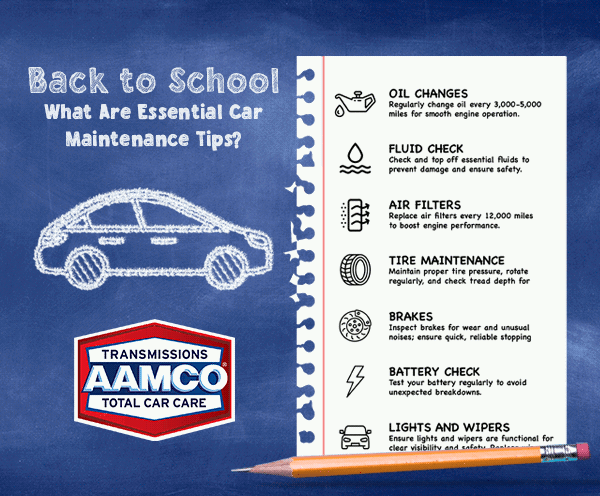CSP Insights
Your go-to source for the latest in news and information.
Rev Up Your Ride: Simple Tricks for a Happy Engine
Unlock your engine's happiness with easy tricks that boost performance and longevity! Rev up your ride today!
Top 5 Engine Maintenance Tips for a Smooth Ride
Ensuring your vehicle's engine runs smoothly is crucial for a reliable driving experience. Here are the Top 5 Engine Maintenance Tips to help you get the most out of your ride:
- Regular Oil Changes: Changing your engine oil regularly helps maintain proper lubrication, which is essential for optimal engine function. Aim for every 3,000 to 5,000 miles, or follow your vehicle manufacturer's recommendations.
- Check the Cooling System: Overheating can cause severe damage to your engine. Regularly inspect the coolant levels and the condition of hoses and belts to ensure your cooling system functions effectively.
- Replace Air Filters: A clean air filter allows your engine to breathe easier, improving performance and fuel efficiency. Replace it every 12,000 to 15,000 miles or as needed.
- Inspect Spark Plugs: Worn spark plugs can hinder engine performance and efficiency. Regular inspection and replacement can lead to smoother rides and better fuel economy.
- Monitor Fluid Levels: Regularly check and top off essential fluids such as transmission fluid, brake fluid, and power steering fluid. Keeping these at optimal levels is vital for engine health and overall vehicle performance.

How to Diagnose Common Engine Sounds: A Quick Guide
Diagnosing common engine sounds is crucial for any vehicle owner, as it can help identify underlying issues before they turn into costly repairs. One of the first steps in diagnosing engine sounds is to pay close attention to the type of noise your engine is making. For instance, a knocking sound typically indicates a problem with the engine's bearings, while a high-pitched squealing may suggest a worn-out serpentine belt. It’s essential to take note of when the noises occur—whether during acceleration, idling, or deceleration—since this can provide important clues about the source of the problem.
Another common sound to look out for is a ticking noise, which could indicate issues such as low oil levels or a faulty lifter. Listening carefully and identifying these noises can save time and money in the long run. To effectively categorize the sounds, you might consider creating a simple checklist:
- Knocking sound - Possible bearing issues
- Squealing - Check the serpentine belt
- Ticking - Potentially low oil or lifter issues
By systematically diagnosing these common engine sounds, you can better communicate your concerns to a mechanic and ensure timely maintenance for your vehicle.
What Are the Most Effective Ways to Increase Engine Efficiency?
Increasing engine efficiency is crucial for improving fuel economy and reducing emissions. One of the most effective ways to achieve this is through regular maintenance. This includes routine oil changes, timely air filter replacements, and ensuring that spark plugs are functioning properly. A well-maintained engine operates more smoothly, which contributes to less energy waste and enhanced performance.
Another significant method to enhance engine efficiency is by upgrading to high-quality fuel. Premium fuels often contain additives that can improve combustion efficiency. Additionally, consider using a performance chip or a tuning kit, which can optimize fuel mapping and ignition timing. Weight reduction in the vehicle can also play a critical role; removing unnecessary items and using lighter materials can lead to increased efficiency. Incorporating these strategies can lead to a noticeable improvement in engine performance.